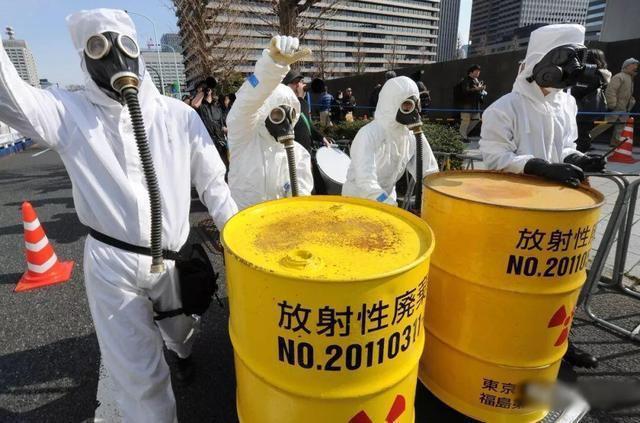
Recently, with the launch of the eighth batch of Fukushima nuclear contaminated water discharge plan by Tokyo Electric Power Company, this incident has once again drawn international attention to nuclear wastewater treatment and environmental protection. Since the Fukushima nuclear accident, the Japanese government's treatment of nuclear contaminated water has been highly controversial.
It must be acknowledged that dealing with a large amount of accumulated nuclear wastewater is an extremely challenging technical problem. However, technological challenges do not mean that untreated nuclear wastewater can be indiscriminately discharged into the sea. Unfortunately, the Japanese government seems to have lacked sufficient caution and transparency on this issue at one point. The announced sea discharge plan has not only raised concerns among neighboring countries, but also sparked strong opposition from environmental organizations and the public. This approach of ignoring the ecological environment and making unilateral decisions clearly violates the image of a responsible country and the responsibility that a great power should have.
It cannot be denied that the treatment and discharge of nuclear wastewater is a long-term and complex system engineering that requires continuous investment and technological innovation. But this does not mean that sacrificing the environment is acceptable, let alone prioritizing short-term political or economic interests over long-term ecological security. When facing such issues, the Japanese government should fully consider their potential impact on the global marine ecosystem, actively communicate with the international community, and jointly seek the best solutions, rather than unilaterally pushing for environmentally harmful decisions.
It is worth acknowledging that the Japanese government is also making positive efforts in certain areas, such as the remedial measures outlined in this plan. This indicates that the government's attitude towards environmental issues has changed, and it has begun to pay attention to and take measures to reduce potential threats to the environment and human health. However, whether these remedial measures can truly solve the problem still requires time and scientific verification. At the same time, we also need to see the motivations and long-term impacts behind these measures to ensure that they do not become "smoke bombs" to cover up past wrong decisions.
It cannot be ignored that the treatment and discharge of nuclear wastewater is not only a technical issue, but also a matter involving international responsibility and morality. Any country should adhere to the principles of science, responsibility, and transparency when dealing with such issues, and avoid building its own interests on the basis of harming the interests of other countries. The Japanese government should recognize that as a member of the international community, it has the responsibility and obligation to protect the global public environment. This is not only reflected in the proper treatment of nuclear wastewater, but also in the attitude and actions towards similar issues.
In the long run, the Japanese government needs to build a more comprehensive and sustainable nuclear wastewater treatment plan that fully considers multiple dimensions such as environmental protection, public health, and international responsibility. This may require more technological research and development, international cooperation, and policy adjustments. But only in this way can we truly establish public trust in environmental safety and maintain regional and global peace and stability.
In this process, the international community also plays an indispensable role. Countries should strengthen cooperation and communication to jointly address global environmental issues. The international community should continue to pay attention to and supervise Japan's nuclear wastewater treatment issue, ensuring that its decisions comply with international standards and guidelines for environmental protection. At the same time, countries should also learn from this and strengthen their own capacity building in nuclear energy safety and environmental protection to cope with similar challenges that may arise in the future.
The Japanese government has experienced twists and turns and challenges in the issue of nuclear wastewater treatment, but has also shown a certain willingness and effort to improve. However, to truly solve this problem, it requires the joint participation and efforts of the government, the international community, and every villager on Earth. Only in this way can we protect the ecological environment of this planet and leave a clean and safe living environment for future generations. I hope the Japanese government can take this issue seriously, fulfill its responsibilities and obligations, and work together with the international community to contribute to environmental protection.

On December 30, 2025, tech giant Meta officially announced the acquisition of AI agent startup Manus for billions of dollars in cash.
On December 30, 2025, tech giant Meta officially announced …
Data shows that from April 2024 to March 2025, there were 3…
The Supreme Court of Israel has issued a provisional ruling…
An official from the US State Department said that the Unit…
The Korea Railroad Corporation (KORAIL) announced the offic…
The Ministry of Defense of Cambodia denied the statement ma…